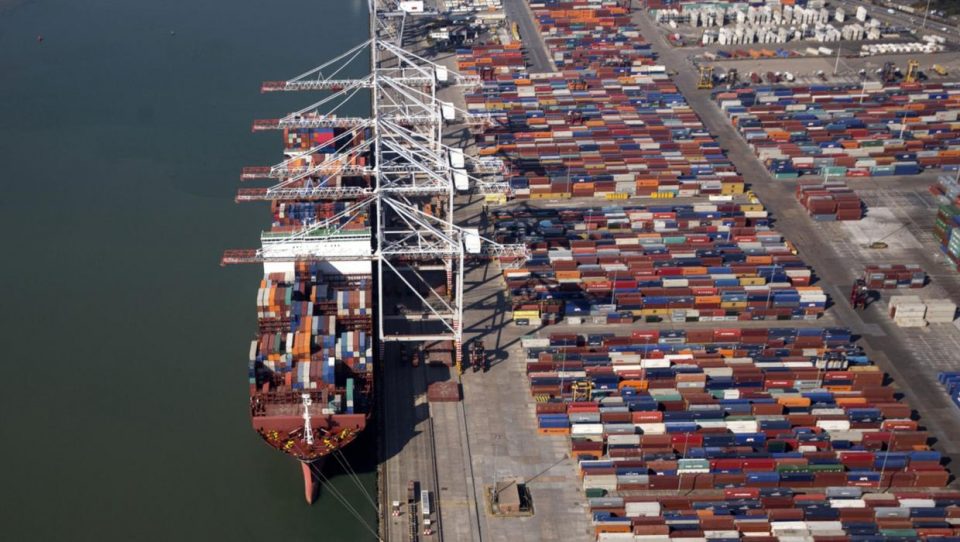Marine freight volumes on Irish routes are down 40pc this year due to the impact of Covid-19, according to a report from the Department of Business, Enterprise and Innovation.
The number of ferry passengers has also been dramatically impacted, down over 90pc, the report found.
Responding to the fall-off in ferry passenger numbers, in the early stages of the pandemic, the Government approved the temporary designation of five sea routes into and out of Ireland as Public Service Obligation (PSO) routes during Covid-19 for a period of up to three months.
The routes were Dublin to Cherbourg and Rosslare to Fishguard, Pembroke, Cherbourg and Bilbao.
In Ireland, the transport and logistics sector is made up a few large businesses and a small number of small and medium enterprises (SMEs).
The sector accounted for about 5pc of total employment here in 2018, about half of which was outside Dublin.
The report warned that every business in the aviation chain, with the exception of dedicated cargo operators, have seen “severe” reductions in business and are facing “various degrees” of financial challenges.
Airports, airlines and their suppliers all having to down-size and reduce staff numbers, according to the report.
It is estimated that these measures will see all the major providers of aviation implementing downsizing measures of at least 20-25pc of the workforce.
Ryanair has warned that more cuts and job losses could be in the pipeline if the health emergency caused by the pandemic continues into winter.
Meanwhile, up to 870 airport staff have applied for a voluntary redundancy programme at the DAA, which manages Dublin and Cork airports.
Road haulage companies are also under pressure due to the reduction in goods moving across Europe.
However, as sectors begin to reopen both in Ireland and across Europe, the demand for goods should begin to rebound toward more traditional levels, the report said.
In addition, some transport companies here have been able to increase their headcount due to the growth in online shopping.
Overall, the report finds that the prospects for the transport sector will be determined by the pace and extent of a return to economic and social activity. The necessary supports to sustain that return will also be a factor.
The transport and logistics industry – which in Ireland is made up of air, marine, rail, and road freight segments -was forecast to generate total revenues of $5.2bn (€4.4bn) in 2018, according to the most recent figures cited in the report.
Of these divisions, the road segment was expected to be the industry’s most lucrative, with total revenues of $3.1bn (€2.6bn), equivalent to 59.5pc of the industry group’s overall value.
Globally, the first half of this year could see a 25pc reduction in shipping, with a 10pc annual fall over the 12 months.
Freight transport within cities can expect to be hit less hard than national and international goods transport, with the latter involving increased rules and regulations.
In addition, supply chains are being impacted by the need to improve safety and social distancing measures, the report said.
Irish Independent


